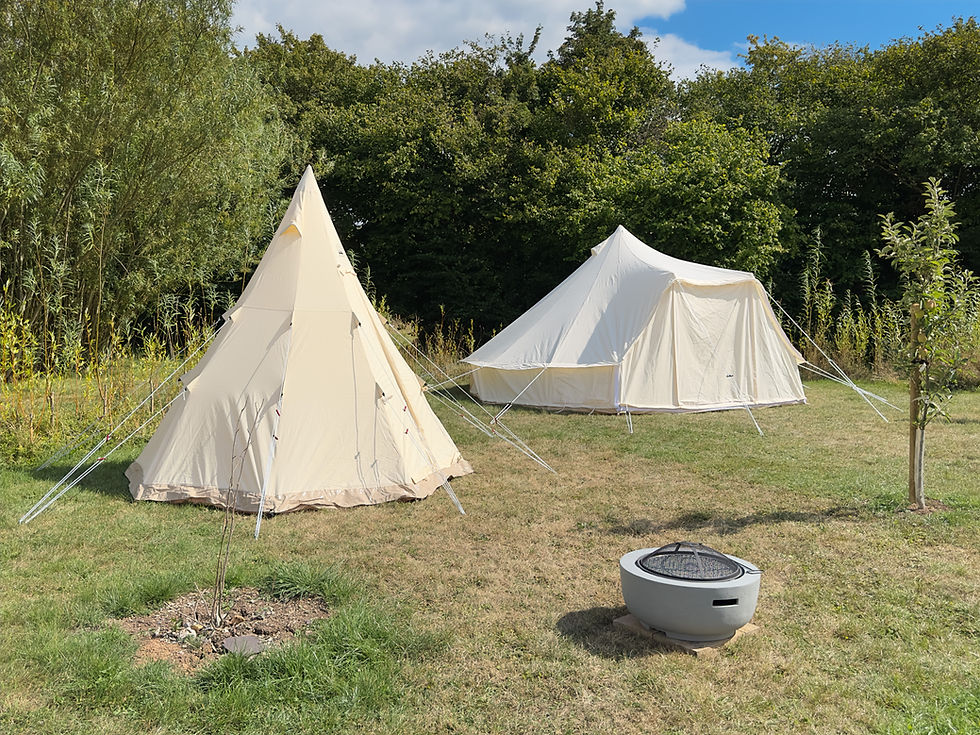Factors That Make Glamping An Environment Ambassador
- Alex Si
- Jun 27, 2023
- 2 min read
No doubt, glamping comes with more than just fun and excitement. Additionally, it has a positive impact on our environment. The list below summarizes the factors that make glamping an environment ambassador:
A glamping experience allows campers to be close to nature and interact with it.
When offering vintage or retro services, many of the company’s assets, such as campervans, are examples of recycling or upcycling.
Lodging often uses sustainable materials, and there is little or no heating that has a significant environmental impact.
Everyone gets a better appreciation and love of nature when surrounded by it, and if they do, they will strive harder to preserve it.
It can help clients avoid pre-packaged and processed food products and reduce their trash output by providing access to farm stores, small local shops, etc., depending on the type of glamping business.
People are encouraged to avoid littering themselves and move any items they notice to a trash can when they see them. Litter often seems out of place when constantly present in the environment, so moving things to a trash can makes it seem even more out of place.
In a glamping operation, reusable equipment types are preferred. As a result, thoughtfully designed items will require fewer resources to make because they can be used in multiple contexts. You can do this by avoiding throwaway containers in favor of reusable ones.
Eco-friendly cleaning products, solar or wind energy, or other environmentally-friendly features can be easily incorporated into glamping operations.
Glamping and camping companies are more likely to participate in environmental initiatives due to the nature of their industry.
With growing consciousness to protect the environment, glamping is a great way to experience fun with nature without harming it. There’s no doubt that it’s becoming increasingly popular today, especially with people who advocate for environmental protection and sustainable tourism.




Comments